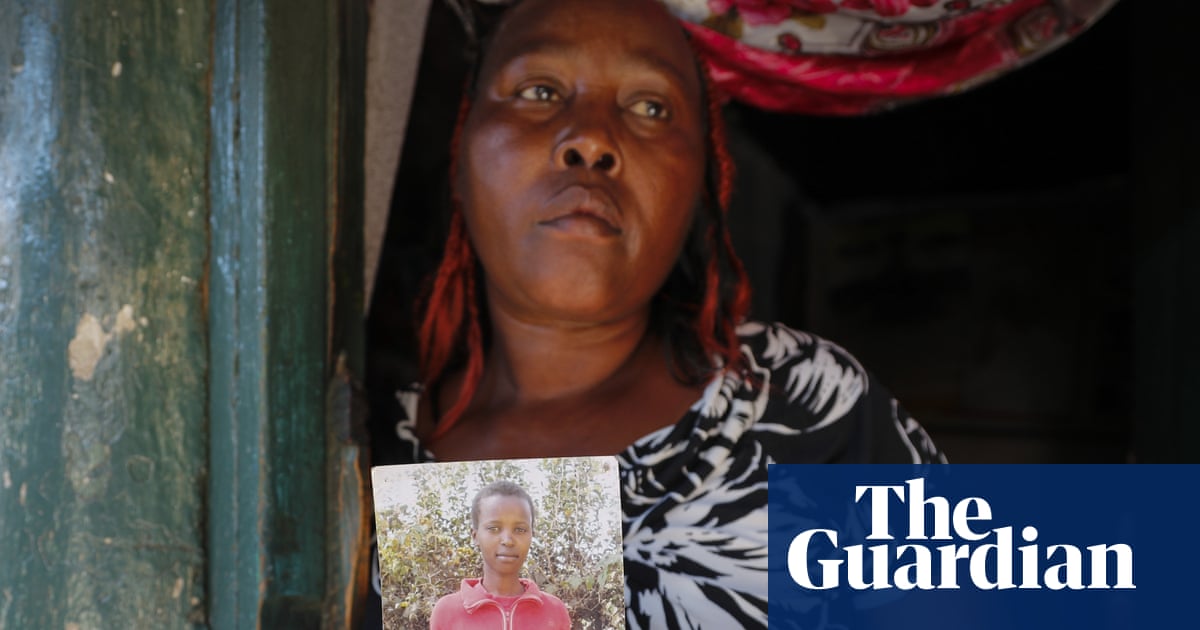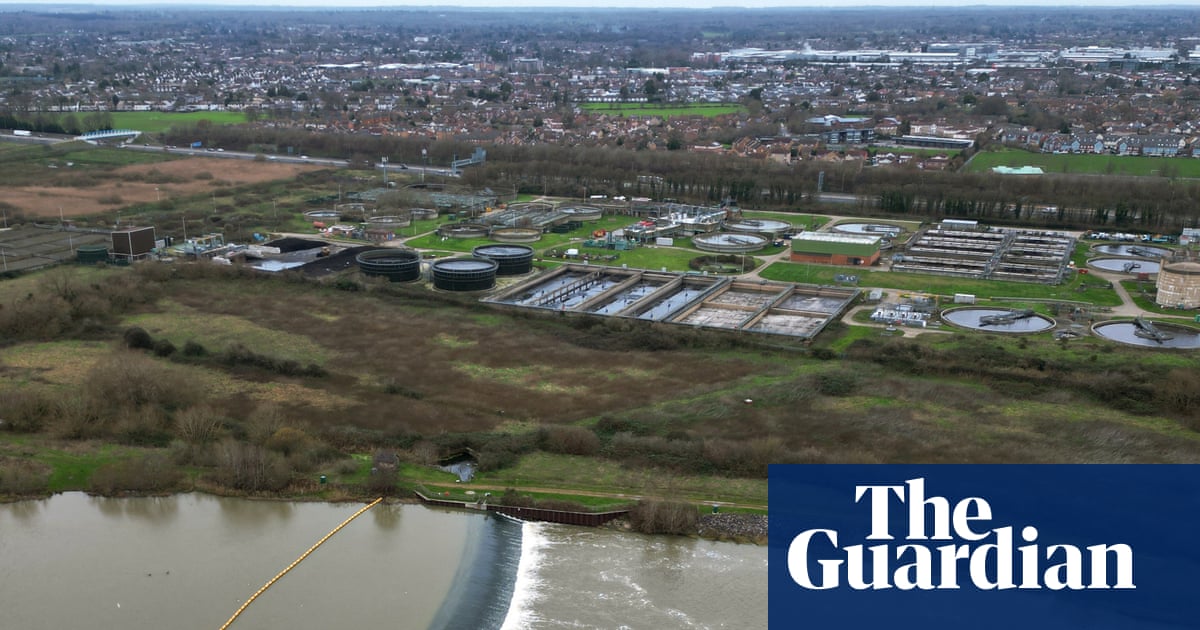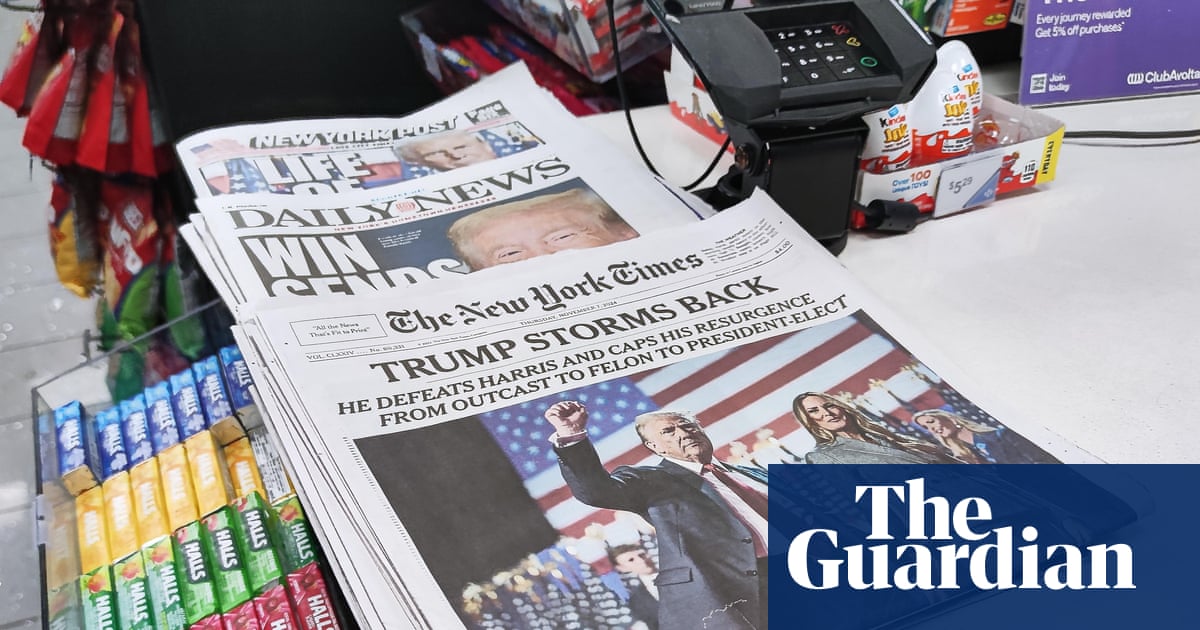Toxic pesticide levels have been found in tampons at levels 40 times higher than the legal limit for drinking water.
Traces of glyphosate, a pesticide linked to cancer, has been found at very high levels in menstrual products, according to a report by the Pesticide Action Network UK (Pan UK), the Women’s Environmental Network and the Pesticide Collaboration.
This is concerning, according to the authors, because chemicals absorbed through the vagina directly enter the bloodstream, bypassing the body’s detoxification systems. This means even small traces of chemicals in direct contact with the vagina could cause health risks.
The researchers tested 15 boxes of tampons from UK retailers across a range of different popular brands. Glyphosate was found in tampons in one of the boxes, at 0.004 mg/kg. The UK and EU maximum residue level for drinking water is 0.0001 mg/kg, making this 40 times higher than permitted levels of glyphosate in drinking water.
Glyphosate is the world’s most widely used herbicide, but a review by the International Agency for Research on Cancer, part of the World Health Organisation, classified the weedkiller as “probably carcinogenic to humans”. It has also been linked to the development of Parkinson’s, and emerging research is raising concerns about links to other serious health conditions.
Amy Heley, from the Pesticide Collaboration, said: “If this level of glyphosate is deemed to be unsafe in the water we drink, why is it allowed to appear in our period products? Our investigation reveals that women, girls and those who menstruate may not be protected from exposure to harmful chemicals. And yet, most people remain completely unaware that this is even an issue.”
It is thought this pesticide could have ended up in the tampons because weedkillers are used to grow cotton, a key ingredient. The plant is one of the most chemical-dependent crops in the world, and up to 300 pesticides can be used in its global production.
The UK government has no plans to tackle chemicals in period products, even though previous studies have found heavy metals such as lead and arsenic in tampons.
Josie Cohen, the interim director at Pan UK, said: “We were genuinely shocked to find glyphosate in tampons sitting on UK shelves. This harmful chemical is already impossible to avoid since it’s sprayed by councils in streets and parks and contaminates much of our food and water due to its overuse in farming.
“We urgently need to reduce our overall toxic load and shouldn’t have to worry about glyphosate and other highly hazardous pesticides in our period products. This is a blatant gap in health and safety regulation that the government urgently needs to address.”
The report’s authors have suggested a regulation scheme with a testing process in place to ensure period products are pesticide-free.
after newsletter promotion
In the UK, glyphosate is used to prepare fields for sowing crops by clearing all vegetation from the land. It kills weeds by inhibiting EPSP synthase, an enzyme involved in plant growth, while not damaging crops that have been genetically modified to be glyphosate-tolerant. Farmers argue that it is an important herbicide because it has “high efficacy on non-resistant weeds and is a cost-effective weed control solution for farmers”.
But beyond concerns about human health, red flags have also been raised over the weedkiller’s impact on biodiversity: recent research has shown that it damages wild bee colonies, and this product also has adverse effects on aquatic organisms.
There are calls to ban it from urban areas: at present many local councils continue to use it to kill weeds. However, 70 to 80 UK councils have turned to chemical-free options or now simply allow plants grow, from Bath & North East Somerset council, to Highland council in Scotland.

.png) 3 months ago
38
3 months ago
38

















































